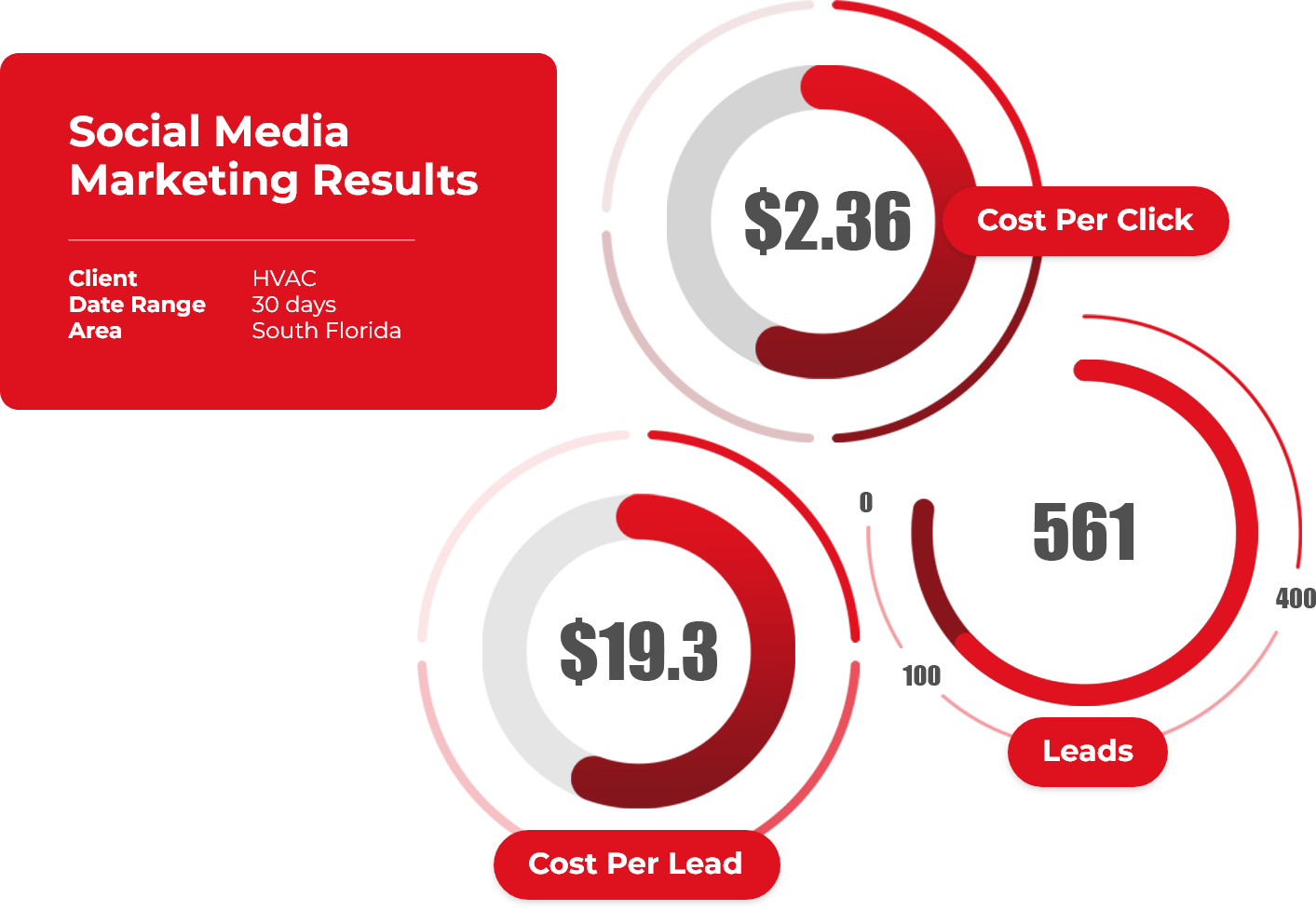Social Media
Marketing
Services

Transform your social media presence with Ringo Media. From strategy to execution, we deliver comprehensive social media marketing services to connect, engage, and convert your target audience.

Transform your social media presence with Ringo Media. From strategy to execution, we deliver comprehensive social media marketing services to connect, engage, and convert your target audience.

SOCIAL MEDIA STRATEGY & MANAGEMENT
Our expertly crafted Social Media Marketing campaigns have driven a positive surge in online conversions, translating to real ROI for businesses.

FEATURES
OUR CLIENTS
Every Business Owner Strives for Greatness. We support businesses of all sizes; our marvelous targeting software can help every brand achieve valuable results.

FEATURES
WITHOUT A DOUBT WE ARE A GREAT OPTION
Ringo Media offers a comprehensive approach to social media marketing, blending strategic planning, creative content, and data-driven decision-making. We’re committed to helping you create a vibrant online community, boost brand recognition, and drive conversions. Let’s work together to harness the power of social media for your business.
Take the Next Step Towards a Stronger Social Media Presence.
Schedule a Consultation Now